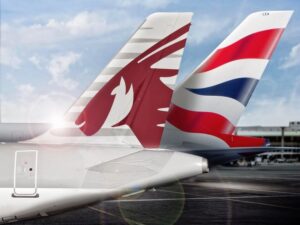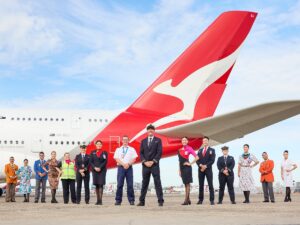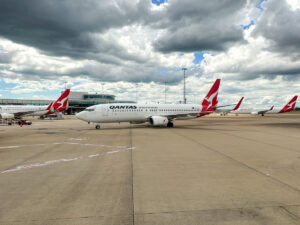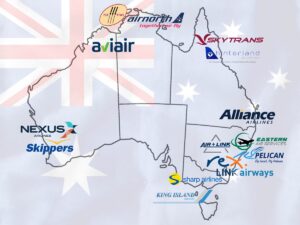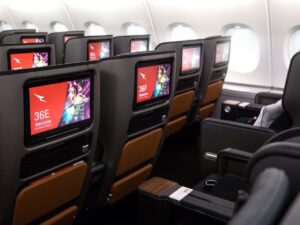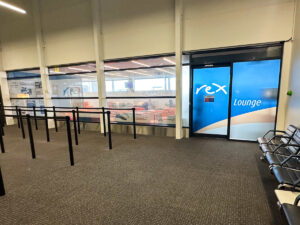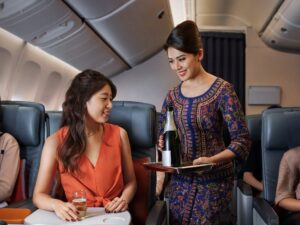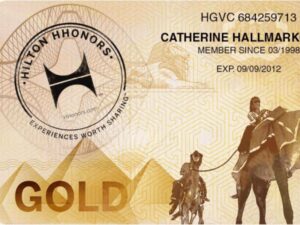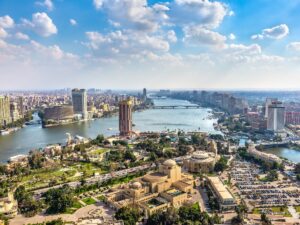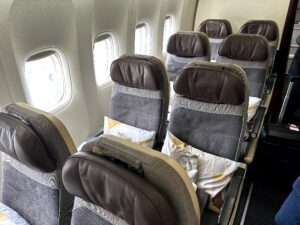Australian aviation history is littered with incidences of companies trying to be a successful third domestic airline. Not long after deregulation, we had Compass Mark 1 and shortly after Compass Mark 2, both short lived. Impulse airlines soon stepped into the role, and it ran successfully until capital was cut off by its backers. As a result it was sold to Qantas, to become what we know as Jetstar today. You could even say Virgin Blue struggled, until Ansett’s aging and diverse fleet saw that airline close. So it is no real surprise last week that yet another aspiring third airline was sold off completely, to once again leave two dominant players in the local market.
Virgin Australia Holdings today announced a transaction which would see Virgin Australia aquire the remaining 40% of shares in Tiger Australia Airways Pty Ltd from Tiger Airways Holdings Ltd for $1.
Since Virgin Australia acquired its 60% stake last year, there has been a bit of speculation as to the reasons why they feel Tiger can add value to the Virgin Australia operation. This latest news just added to that speculation. Once again our members were wondering why?
Interesting, wonder what’s next? Give it a little more time and if still loss-making then fold it back into VA and use all economy configuration on leisure routes? Have them take over all the Bali flying to make the routes more profitable? Or more likely scale back the operation to get back into black whilst still nipping at Jetstar’s most profitable routes?
Despite a lengthy regulatory grounding, and a poor reputation for customer service (not helped by an unflattering reality TV show based on the airline), people still fly Tiger. In fact, the latest figures published by Virgin, show Tiger attracting enough people to have over 90% of their flights full on average. That’s a long way ahead of the others. But filling those seats comes at a price, with the airline continuing to make a loss.
What Tiger offers Virgin is the ability to compete with Qantas on a like-for-like basis when it comes to leisure travel. With a lower cost base for staff and similar aircraft, there is no reason why they cannot compete with Jetstar. This leaves Virgin and its higher cost base, to compete on a similar basis with Qantas mainline.
We have already seen this strategy in play since Virgin acquired the first 60% of Tiger. Some Virgin flights to Darwin and the Gold Coast at Business unfriendly times were replaced with Tiger flights, freeing up Virgin to move their aircraft to more lucrative times or destinations.
Australia now effectively has a two airline choice in the skies once again, as a result what do you think the future holds for the average air traveller? Will fares go up, will there actually be more choice, or is it just a case of the more things change the more they stay the same? Join the discussion HERE.
